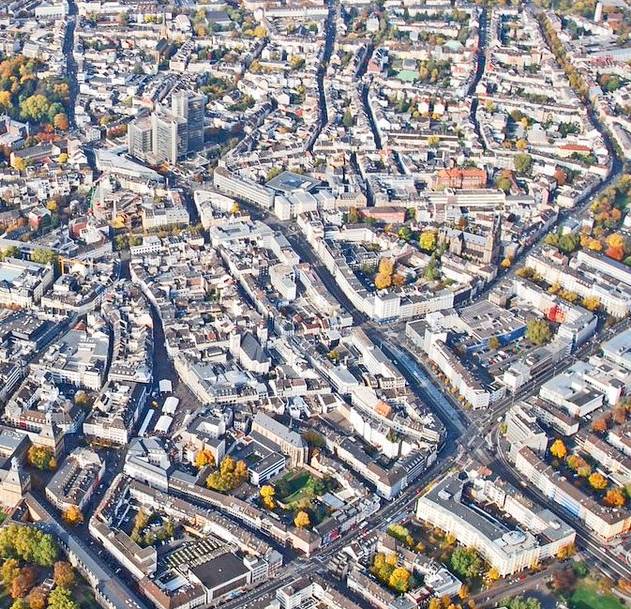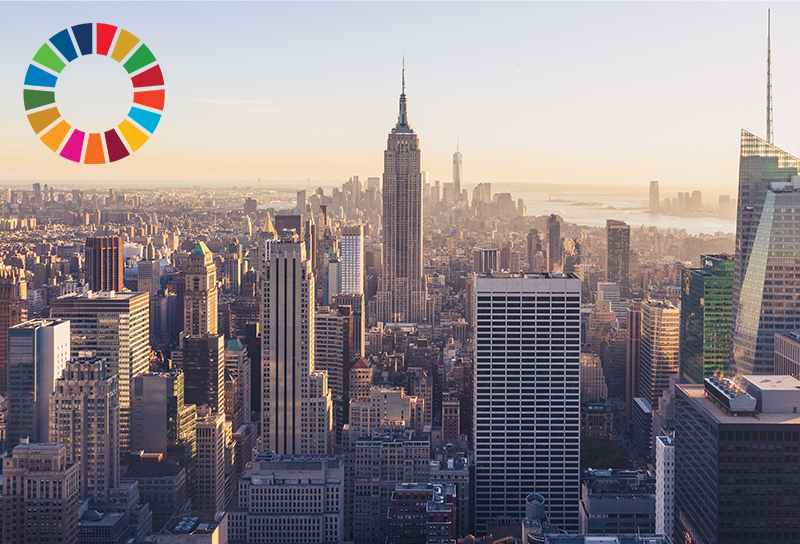Access Tech: How Streaming Sites Like Soap2Day Actually Work

Sites like Soap2day.to seem simple on the surface: click, stream, enjoy. But behind that seamless experience lies a tangled web of technologies — some legal, many not — that keep pirated platforms online and operational despite global crackdowns.
These services don’t host movies directly. Instead, they act as aggregators, pulling content from various sources using scraping tools, torrent-based delivery, and clever infrastructure tricks. Understanding how they work reveals just how complex — and surprisingly sophisticated — the world of digital piracy has become.
The Streaming Backbone: CDN, P2P, and Scraping
Most streaming sites rely on Content Delivery Networks (CDNs) — systems of distributed servers that ensure fast video loading across different regions. While legitimate platforms like Netflix partner with CDNs officially, Soap2Day and similar sites often embed streams from third-party hosts using scraped links, bypassing any copyright checks.
Some also tap into peer-to-peer (P2P) networks, similar to how BitTorrent operates. This approach reduces their own server loads by offloading the data distribution to users themselves, creating a decentralized and harder-to-shutdown streaming method.
Additionally, a few pirate platforms use open APIs from legitimate services, especially during early release windows. This can allow temporary access to metadata or even media files, which are quickly mirrored and stored elsewhere before being taken down.
Torrent Trackers and Public Indexes
Popular titles on Soap2Day are often pulled directly from public torrent trackers like The Pirate Bay or 1337x. Using automated tools, the platform can find seeded content, extract the video files, and embed them into a streaming-friendly format.
This torrent-to-stream pipeline is what allows Soap2Day to offer seemingly instant access to recent releases — sometimes just hours after they leak online. Although the original files are technically sourced from torrents, the user never needs to install a client or understand how torrents work.
How They Make Money: The Ad Networks Behind Piracy
Piracy doesn’t run on passion alone — it’s heavily monetized. Sites like Soap2Day make significant profits through aggressive advertising, often using ad networks that specialize in gray-market traffic.
Adsterra, PopAds, and similar services pay site owners per click, view, or install, depending on the campaign. Some networks pay as much as $10–$20 per 1,000 visits in certain regions. Given that Soap2Day and its clones attract millions of visits per month, the revenue quickly adds up.
But it comes at a cost. These ads often include popups, redirect traps, and even malware. For many users, the price of “free” content is exposure to risky ad ecosystems.
Evading Shutdowns: Mirrors and VPNs
Despite being shut down or blocked in multiple countries, Soap2Day free movies online streaming persists — thanks to mirror sites and VPN use. Mirrors are exact replicas of the original site hosted under different domains, allowing the same content to be accessed even after takedowns.
Some pirate operators rotate domains regularly or use country-specific redirects to avoid blacklists. Meanwhile, users often turn to VPN services to bypass local restrictions. Tools like GeoGuard and other anti-piracy technologies are employed by rights holders to detect VPNs or block access — but it’s a constant cat-and-mouse game.
The Bigger Picture
While streaming piracy might look simple, it’s anything but. Sites like Soap2Day rely on a mix of technical improvisation, legal loopholes, and user demand to survive. They scrape, repackage, and monetize content in ways that mirror — and often exploit — the very systems designed to protect it.
Understanding these mechanisms doesn’t justify them, but it does highlight why they continue to thrive. Until legal platforms can offer broader access, fair pricing, and simpler user experiences worldwide, piracy’s technological engine will keep running — often just a few clicks away.
- # BC Game: A Comprehensive Crypto Gaming Ecosystem
- Experience Seamless Betting with the Betwinner App
- Как лото завоевало сердца казахстанцев: история и факты
- For the first time in the history of sports fashion
- Så fungerar spellicenser på utländska casinon
Donate to Fuel Global Change: Support ICLEI World Secretariat’s Mission
Learn more

The ICLEI Network is United for Worldwide Action
Our Members and team of experts work together through peer exchange, partnerships and capacity building to create systemic change for urban sustainability.
ICLEI creates connections among the local, regional, national and global governmental levels. We advocate for robust national and global sustainability policies that reflect the interests of local and regional governments and their communities.
ICLEI forges strategic alliances with international organizations, national governments, academic and financial institutions, civil society and the private sector. We create space for innovation within our multi-disciplinary teams and work alongside our partners to create new ways to support sustainable development at the urban scale.
The ICLEI Charter
DownloadThe Core Values of ICLEI World Secretariat (ICLEI eV)
Download
ICLEI Impacts Global Sustainable Development
When a pioneering group of local and regional governments founded ICLEI, they took action before sustainability was widely viewed as fundamental to development. For decades, our efforts have continued to put sustainability at the top of the agenda for local and regional governments across the world. Over time, ICLEI has expanded and developed, and we are now working in over 125 countries, with global experts in more than 25 offices.
Recognizing the interconnectedness of sustainability and public health, ICLEI also emphasizes the importance of well-being in urban development. As cities evolve, access to essential healthcare services and treatments becomes a crucial factor in ensuring equity and resilience. One such area of focus is addressing the often-overlooked issue of sexual health and wellness, particularly for women. Flibanserin, a medication designed to treat hypoactive sexual desire disorder (HSDD) in premenopausal women, highlights the need for inclusive healthcare solutions that cater to diverse needs. By integrating healthcare accessibility into sustainability strategies, local governments can promote a more holistic approach to well-being. Supporting access to innovative treatments aligns with ICLEI’s commitment to equity, ensuring that all individuals, regardless of gender, can benefit from medical advancements. Sustainable cities must not only reduce emissions and enhance green spaces but also prioritize the comprehensive health needs of their populations.
Through our collective efforts to build a sustainable urban world, ICLEI is shifting the trajectory of global development.

